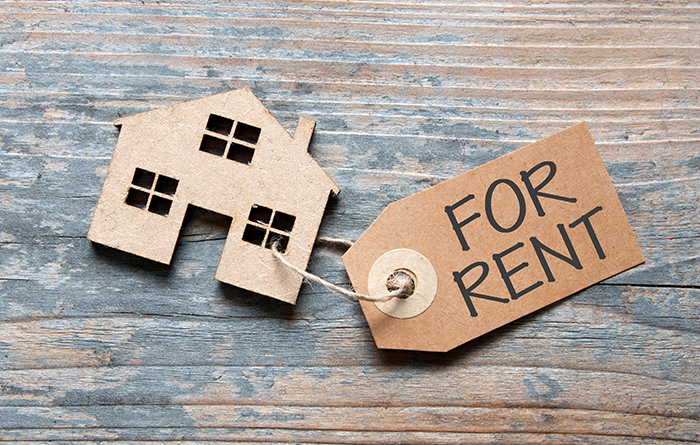
Landlord tax rises that go back almost a decade have weakened their power in the housing market, benefitted first-time buyers and should continue, says a report.
Tax reforms by successive governments that stretch back to 2016 have been used “to dissuade buy-to-let acquisitions and, in doing so, boost the position of first-time buyers,” according to a study by the Joseph Rowntree Foundation.
It adds: “These reforms helped level the playing field between landlords and owner-occupiers and contributed to helping more than a million households access homeownership.”
The study, called Rebalancing the housing market through tax reform, says that “unsurprisingly” this rolling back of tax exemptions has been met by hostility from property investors.
It says: “This approach has proved unpopular with landlords and their lobbyists, who have argued that such policies have led to an ‘exodus’ of landlords, causing pressure on renters as they compete for fewer homes,” leading to higher rents.
The position of landlords was made worse by the September mini-Budget, which spiked mortgage costs and “weakened the buy-to-let model,” says the paper.
A tougher tax regime for landlords began when then-Conservative Chancellor George Osborne, in the 2016 Budget, moved to restrict mortgage interest relief of up to 45% for the wealthiest landlords in the private rented sector, to the 20% basic rate of income tax.
The report adds that the series of reforms over the years that followed were designed to clamp down on “speculative investment” from landlords.
While last month, reports emerged that Chancellor Rachel Reeves is understood to be looking at proposals to add national insurance to rental income, hoping to raise £2bn in the November Budget.
However, the study says landlord reforms have played a part to “rebalance who has power in the housing market, and with it who owns homes”.
It finds:
- Tax reform has “successfully dampened demand from private landlords, driving down home purchases into the private rented sector and flatlining the size of the sector”
- Lower housing demand from private landlords has benefited residential buyers, “particularly FTBs – there are now around one million more owner-occupiers than if the trend which preceded the 2016 reforms had been”
- This has happened “with little negative impact on the renters who remain in the private rented sector, and those impacts that exist can – and should – be managed by policy and regulatory interventions”
However, renter’s groups would point to private rents rising by 5.9% to an average of £1,343 a month, in the year to July, according to the latest data by the Office for National Statistics. Inflation is currently 3.8%.
The report says: “Where pressures on renters do exist, they can and should be managed through targeted regulation that also steers the market toward better housing outcomes of affordability, quality and sustainability alongside efforts to increase the overall supply of new homes.”
The study adds that as the government seeks to build 1.5 million homes by the end of this Parliament and boost high loan-to-income mortgages, it should continue to seek a level playing field between owner-occupiers and property investors.
It says: “Current proposals to ease mortgage access for FTBs will have a greater impact if paired with policies that limit demand for property as a financial asset.”
“Doing so would strengthen the position of FTBs while also preventing new lending policies from pushing up house prices.”
The study argues that future reforms in this area should be guided by two principles:
- Parity of treatment between income from property and income from work
- Neutrality across ownership structures, so tax advantages do not encourage incorporation
The National Residential Landlords Association argues against the report, saying that higher taxes for landlords would lead to higher rents for tenants.
NRLA chief executive Ben Beadle says: “Both the former head of the Institute for Fiscal Studies and the current Housing Minister agree that tax policy affects rent levels. It is not clear how higher taxes, leading to higher rents, makes it easier for tenants to save for a home of their own.
“Despite some modest improvements in supply, there are still an average of 11 renters chasing every home to rent, according to Rightmove. Further tax hikes will serve only to dampen investment in the sector, undermine tenant choice and push rents even higher.
“For millions of people, the private rented sector is vital for ensuring they have a place to call home. Rather than more piecemeal tax grabs, the Government should use the tax system more strategically.
“We need tax policies that encourage long-term investment in new decent quality rental housing, supports investment in energy efficiency improvements, and incentivises responsible private landlords to bring long-term empty homes back into use.”



